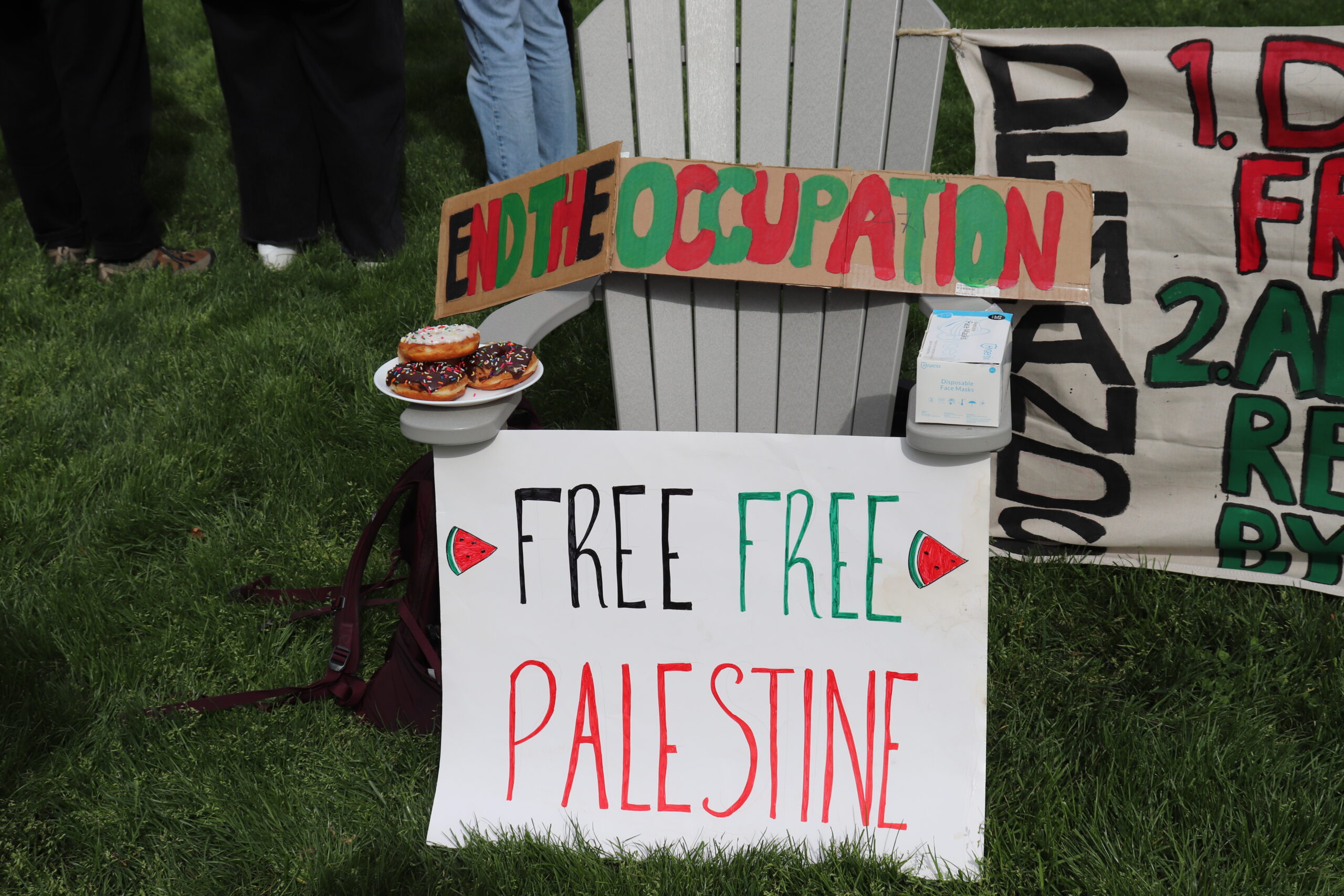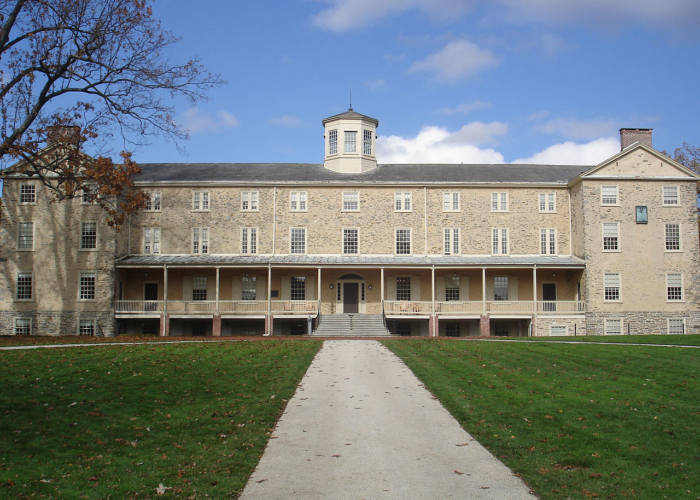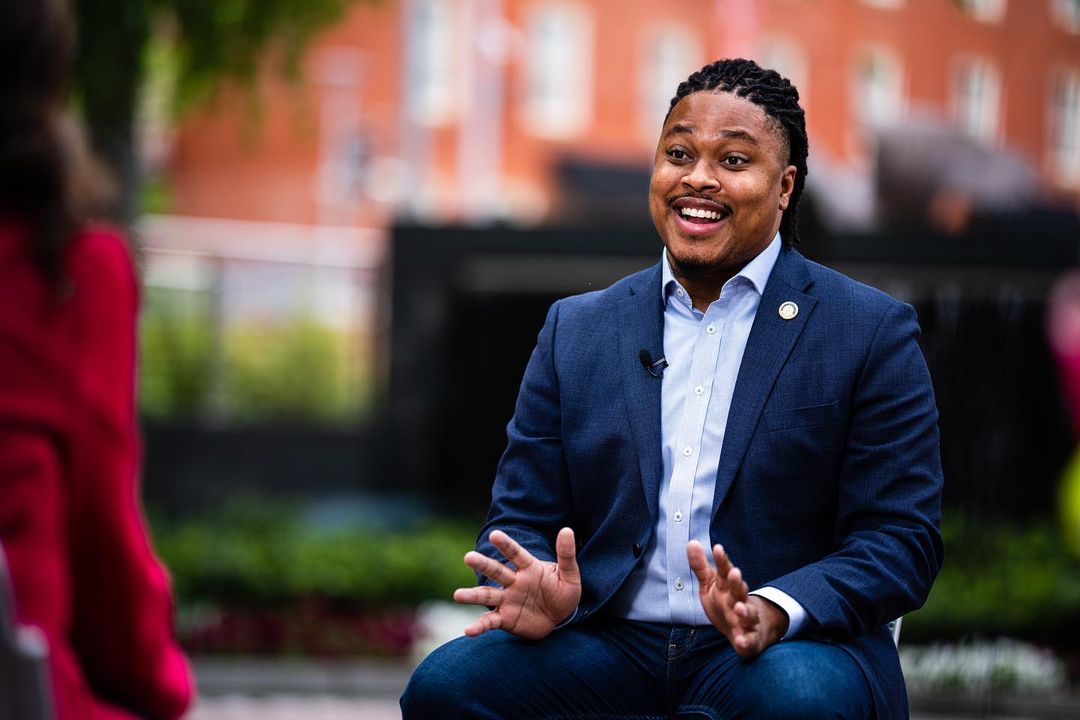On Friday, ACLU Executive Director Anthony D. Romero and ACLU Legal Director David Cole published a letter addressed to college and university presidents in response to the ongoing protests of the human rights abuses in the Israeli occupation of Gaza and the subsequent brutal arrests of students. In the letter, the ACLU directors urge colleges and universities to recognize the right to protest as an essential pillar of the right to free speech.
“..As you fashion responses to the activism of your students (and faculty and staff), it is essential that you not sacrifice principles of academic freedom and free speech that are core to the educational mission of your respected institution.”
ACLU, “Open Letter to College and University Presidents on Student Protests”
To ensure that students’ right are not being infringed upon, the ACLU established has five guidelines for university administration to observe in regulating student protests:
1. Schools must not single out particular viewpoints for censorship, discipline, or disproportionate punishment
College administration must not censor particular viewpoints or discipline students for expression of said viewpoints, no matter how offensive or unacceptable other community members may find them. While this does not protect students engaging in hate speech or discrimination, it does protect general statements regarding Israeli military action and Palestinian resistance.
2. Schools must protect students from discriminatory harassment and violence
Although colleges are obligated to protect student expressions of protest under principles of free speech, they must also protect students from harassment or violence on the basis of race, nationality, country of origin, or religion. This means that while calls for an end to the Israeli state are protected, harassment of individual Israeli or Jewish students is not. Similarly, while students may publicly defend military retaliation in the Gaza strip, they may not discriminate again Palestinian or Muslim community members. Schools have a responsibility to ensure that their learning environments remain safe and accessible for all students, and must demand that students maintain this environment as well.
3. Schools can announce and enforce reasonable content-neutral protest policies but they must leave ample room for students to express themselves
Universities retain the right to put parameters around the time, location, and manner in which students on campus protest, so long as those parameters remain consistent in both word and enforcement regardless of the political content or alignment of the protesters. Schools that have a consistent policy in writing but apply the policy differently depending on the nature of the protest are still in violation of free speech.
4. Schools must recognize that armed police on campus can endanger students and are a measure of last resort
While colleges retain the right to enforce school protest policies, they must recognize that inviting police presence on campus puts student protestors, particularly Black, Brown, and immigrant students, at significant risk of physical harm. Police should be brought on campus only as a last resort, after schools have exhausted all other possible avenues for discipline.
5. Schools must resist the pressures placed on them by politicians seeking to exploit campus tensions
In recent weeks, members of Congress have taken to admonishing student activists and organizers openly protesting on university campuses, arguing that the “need for order” on college campuses should mean laws protecting freedom of speech apply less vigorously. The Supreme Court has openly rejected this notion, and, along with the ACLU, maintained that vigourous protection of free speech is nowhere more important than on college campuses. In keeping with the court’s decision, The ACLU asks “we urge you to defend the university’s core mission of encouraging debate, fostering dissent, and preparing the future leaders of our pluralistic society to tolerate even profound differences of opinion.”
Read the full letter here.



